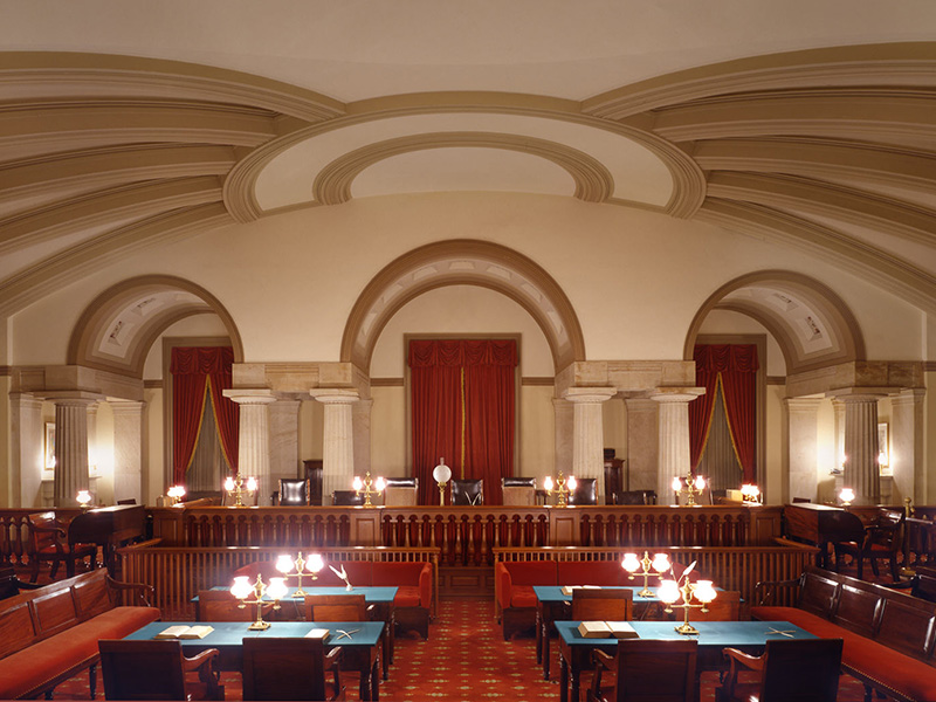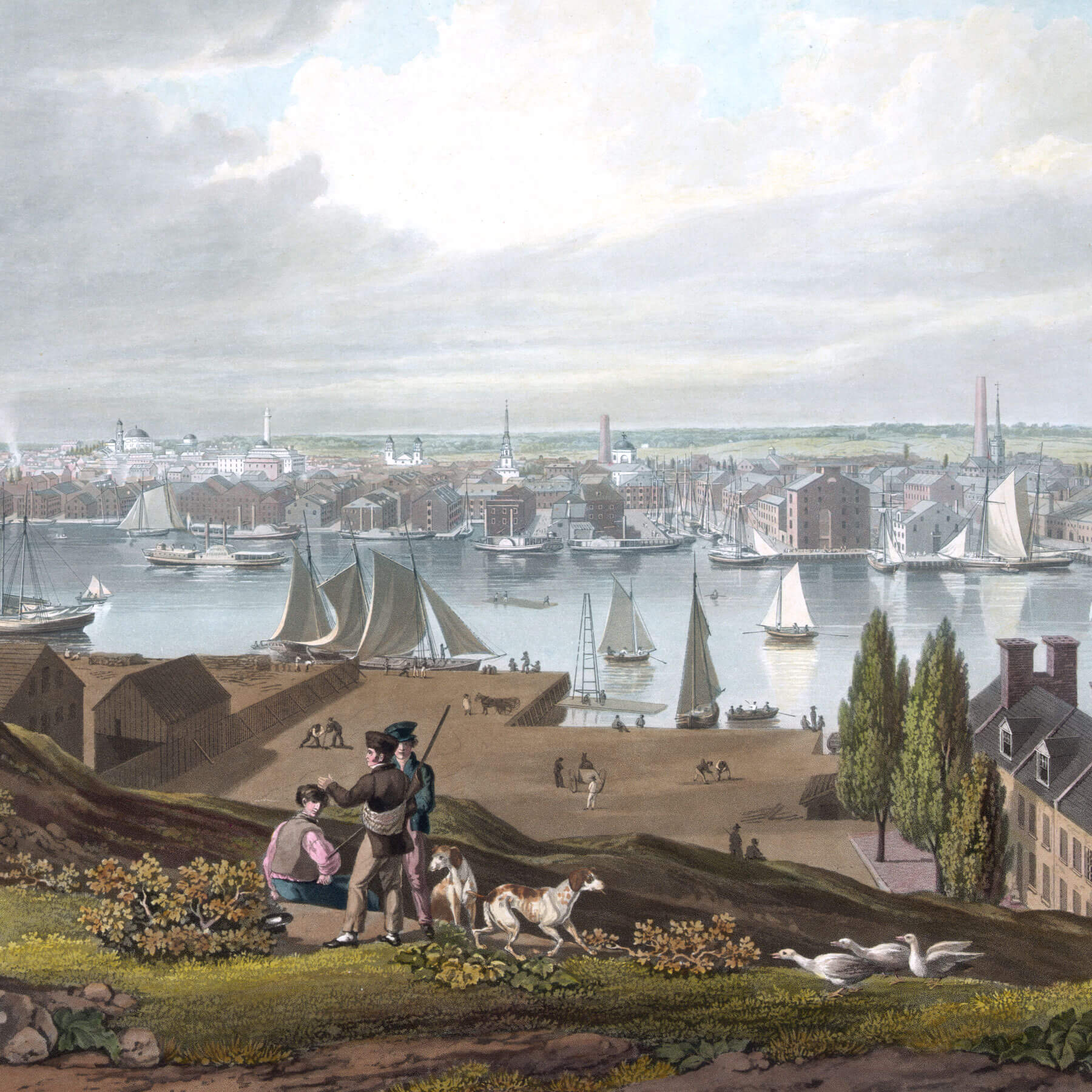Cohens v. Virginia (1821)
Significant Case
The Supreme Court’s opinion that clarified its appellate jurisdiction over state laws.
Background
Although ratification of the United States Constitution required careful and often contentious compromise between the Federalists, who favored a centralized national government, and the Democratic-Republicans, who felt power was best concentrated at the local level, the relationship between state and federal government remained to be worked out in practice. The interpretation of the supremacy clause in McCulloch v. Maryland (1819) affirmed federal power over the states in certain circumstances. The decision, however, needed clarification regarding how and when the federal government had authority in relation to when states had authority over federal and state laws.
Just as the Supreme Court was establishing itself, Washington, D.C. was developing from a rural swampland to a proper capital city. In the early 1800s the District was rather inhospitable with dirt roads, boarding houses, a partially finished Capitol Building, and an uncompleted Presidential Mansion. While many legislative and judicial officials came to town for three to five months to conduct the business of the nation, their families usually remained at home.
Facts
The United States Congress authorized the operation of a lottery in the District of Columbia to raise funds for the development and improvement of the nation’s capital. The Cohen brothers, Philip and Mendes, sold District lottery tickets to support Congress’ initiative in the neighboring state of Virginia, where lotteries were prohibited. The brothers were convicted of violating state law and Norfolk County fined the brothers $100 ($2,700 in 2023). The Virginia County Court, the highest court in the state at the time, determined that states had the authority to settle disputes between states and the national government. The court also held that the Supreme Court of the United States did not have jurisdiction to hear the case. The Cohen brothers disagreed. They filed a petition for a writ of error to the Supreme Court of the United States claiming that they had the right to sell lottery tickets under federal law because Congress had authorized the lottery, and they were therefore not subject to state law. Attorneys for Virginia argued that the Supreme Court did not have jurisdiction to hear the case.
Issues
- Did the Virginia court commit any errors of law during the judicial proceeding?
- Did the Supreme Court have the constitutional authority to review the decision of the Virginia state courts?
Summary
Chief Justice John Marshall wrote two unanimous opinions for the Court. In the first, he held that according to Article III, Section II of the Constitution, the Supreme Court did have the appellate jurisdiction to hear all cases involving federal law and the Constitution. This authority included a review of state criminal proceedings if, as in the Cohens’ case, defendants claimed their constitutional rights were violated. Marshall reasoned that if individual state courts were allowed to interpret federal law without federal judicial review, they could exercise veto power over federal law or issue multiple and inconsistent interpretations of the Constitution. He advised that the United States must be united in all interests including commercial relations because “we are one and the same people.”
Having established its jurisdiction to hear the Cohen brothers’ appeal, the Court issued a second opinion, on the merits of the case, finding that the Cohens did violate Virginia law and upholding their conviction. While the Court expressed doubt as to whether Virginia could punish one of its citizens for purchasing lottery tickets in Washington, the Court made it clear that the state reserved the power to forbid the sale of such tickets within its borders. Together, the two opinions clarified the division between state and federal laws.
Precedent Set
The decision in Cohens v. Virginia clarified further circumstances in which the supremacy of the federal government applied, further uniting the disjointed states, and clarified the Supreme Court’s power and role within the federal government. Marshall affirmed that in ratifying the federal Constitution that now served as the governing charter, the states gave up “a large portion” of their sovereignty which would benefit the American people. The power of the federal government is derived from the states ceding that power, not by the federal government imposing authority. This is affirmed by the 10th Amendment to the Constitution. Chief Justice Marshall went on to explain that all three branches of government had a role in maintaining the principles established in the Constitution, especially the Judiciary. Further, he upheld McCulloch v. Maryland’s recent interpretation of the Supremacy Clause which included the concept of implied powers. Finally, the Cohens decision confirmed the Supreme Court’s authority to review criminal cases determined by the states if the justices so choose.
Additional Context
During the 1820s, the division and debates over slavery led to questions about federal government power versus state government power. Other discussions revolved around the federal bank and nullification resolutions over tariffs. The ongoing political battles between federal and state governments provided an opportunity for the Supreme Court to define the boundaries of the Supreme Court, Congress, and state governments.
Decision
Chief Justice John Marshall authored two unanimous opinions, establishing that
- The Supreme Court has jurisdiction to hear all cases about federal law and the Constitution.
- The conviction of the Cohen brothers under the Virginia law is upheld.
- Majority
- Concurring
- Dissenting
- Recusal
-
Marshall
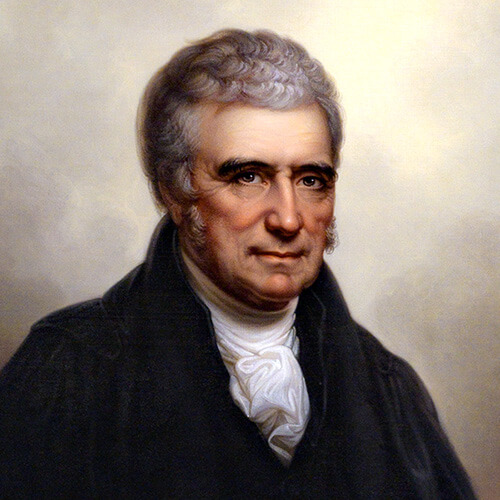
-
Johnson
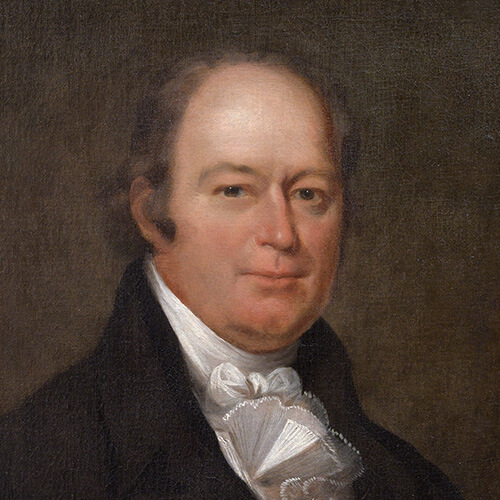
-
Livingston
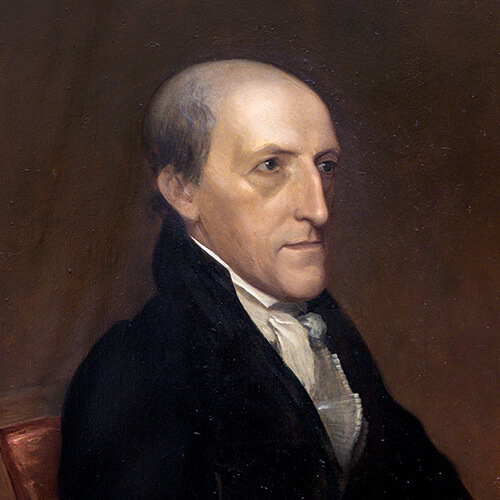
-
Todd

-
Duvall
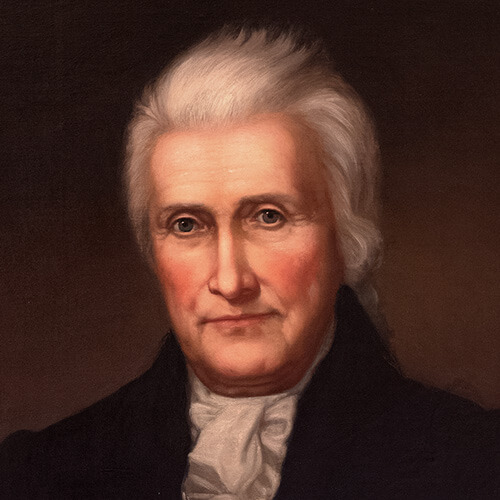
-
Story

Discussion Questions
- Why is it significant that the Supreme Court upheld the fine of $100 implemented by the Virginia courts?
- How did the Court’s decision help define the role of the federal government?
- Did the ruling impact the relationship between the states and the federal government? Explain.
Sources
Special thanks to scholar and political science professor Steven Brown for his review, feedback, and additional information.
Cohens v. Virginia (1821), https://www.oyez.org/cases/1789-1850/19us264.
Cohens v. Virginia, 19 U.S. 264 U.S. 6 Wheat 264 264 (1821). https://supreme.justia.com/cases/federal/us/19/264/.
Cotton, Joseph P., Constitutional Decisions of John Marshall Volume 1. New York: Da Capo Press, 1905.
Feature Image: The National Lottery was authorized by Congress for improvements to Washington, DC. Those who participated in the lottery would have received a ticket similar to the one above. Washington Canal Lottery Ticket (1820). Library of Congress.
Loth, David, Chief Justice John Marshall and the Growth of the Republic. W. W. Norton & Co., 1949.

